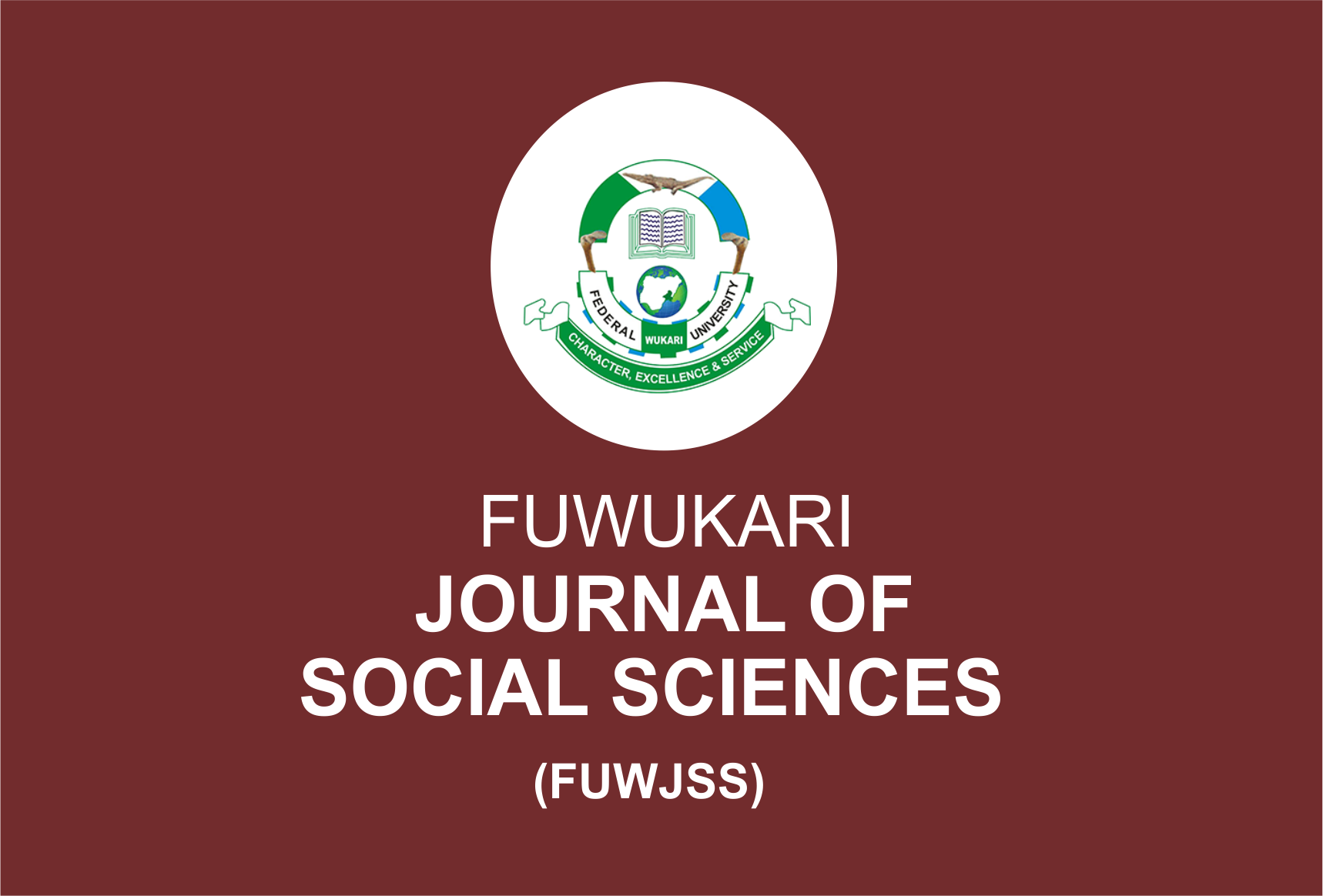Cameroon-Nigeria Mixed Commission And Trust-Building In Implementing The International Court Of Justice Judgement
Umar Abdullahi, Shuaibu Umar Abdul, Mohammed Bello Baban’umma, Mohammed Bello Baban’umma
Keywords: ICJ, Cameroon-Nigeria Mixed Commission, Bakassi Peninsula, trust
Abstract
This study seeks to examine the role of Cameroon-Nigeria Mixed Commission in the promotion of confidence building measures between communities affected by International Court of Justice (ICJ) Judgement of 10th October, 2002, involving Cameroon and Nigeria. Specifically, the study assessed how the Cameroon-Nigeria Mixed Commission contributed in re-establishing a degree of trust between the people and the governments of Nigeria and Cameroon. The study adopted the survey research design which entails the collection of data from a cross section of the population. The theoretical framework that guided analyses is the neo-liberal institutionalism
theory. The study’s results showed that the implementation of the ICJ judgment by the Mixed Commission has contributed in the promotion of peace between Cameroon and Nigeria as both parties have shown commitment to renounce the use of force in their bilateral relations and pursue peaceful ways for the settlement of their boundary differences. The study concludes that the activities of the Cameroon-Nigeria Mixed Commission are promoting trust and enabling the provision of basic social amenities such as education and health facilities in the affected Cameroon-Nigeria international border communities. The study recommends that there is the need for the participation of key stakeholders particularly, leaders of the affected populations from both sides in the activities of the Mixed Commission.
Author Biography
UMAR Abdullahi
Department of Political Science,
Nasarawa State University, Keffi, Nigeria
SHUAIBU Umar Abdul
Department of Political Science,
Nasarawa State University, Keffi, Nigeria
MOHAMMED Bello Baban’umma
Department of Political Science,
Nasarawa State University, Keffi
Mohammed Bello Baban’umma
Department of Political Science,
Nasarawa State University, Keffi, Nigeria

